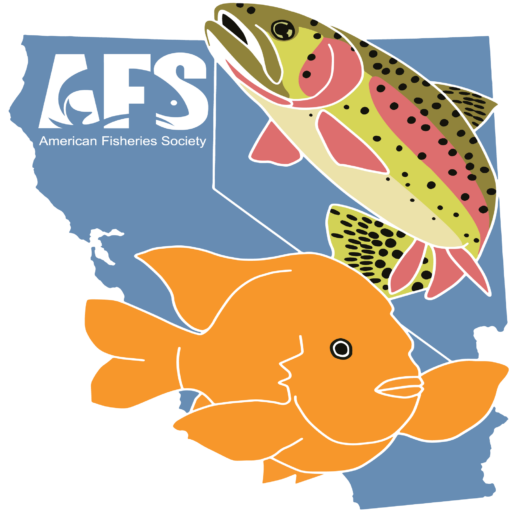The Society of Environmental Toxicology and Chemistry North American (SETAC) 39th Annual Meeting will be at the Sacramento Convention Center this year and they are looking for abstract submissions.
A note from the session chairs:
We invite abstract submissions in the session “Assessing Contaminant Effects in Ecosystems with Multiple Stressors with a Focus on the California Bay-Delta” [details below] that will be part of the 39th annual meeting of the SETAC North America will be held 4-8 November in Sacramento California. We believe your research findings could make a great contribution to this session. We are particularly interested in developing a session that highlights advances made in the California Bay-Delta region for half of the session, but will also have presentations on multiple (biota, chemical, and physical) stressors from other locales as in previous years sessions. Because there are a large number of abstract submissions, we are not able to guarantee an oral presentation, but will do our best to fit your presentation into the session. Please note that we are not able to waive registration fees or provide assistance for travel.
The list of all proposed sessions can be viewed at https://meetings.setac.org/session/list?meeting_id=44. Electronic submission of abstracts is also done through this link (arrow in the right hand column of the session list).
Regular abstract submission is open from now through 6 June. A non-refundable late submission fee added for any abstract submitted between 7 June and 13 June. No abstracts will be accepted after 13 June.
Meeting registration opens in July. Check https://sacramento.setac.org for the latest meeting news.
Track: Aquatic Toxicology, Ecology, and Stress Response
Session: Assessing Contaminant Effects in Ecosystems with Multiple Stressors with a Focus on the California Bay-Delta
Chairs: Lawrence Kapustka, Philip Trowbridge
Aquatic ecosystems throughout the world are subjected to multiple stressors where chemical mixtures and interactions with environmental factors are contributing to organism and population declines. Anthropogenic stressors such as chemical discharges from industry, agriculture, or treated urban wastewater can interact or be compounded by habitat degradation, invasive species, and other site-specific stressors (e.g., water diversions/controls or temperature). This is especially true for estuarine ecosystems where tributaries and major river systems converge with a high degree of human activity and where interrelated factors vary spatially and over time. The cumulative and interactive effects of multiple factors/stressors to all ecosystem components put these ecological communities at risk. Understanding the role and relative contribution of each stressor to adverse effects generally requires a good conceptual understanding of the ecosystem, chemical fate and transport, potentially lots of data, a breadth of analytical techniques, and a multi-disciplinary approach that invokes an integrated systems perspective. However, limited data often poses a challenge to identifying clear stressor-response relationships and robust statistical hypothesis testing. This emphasizes the need for higher quality and more data, new data analysis methods, and integrated assessments of responses to multiple stressors. This session will focus on integrated assessments of multiple stressors and analyses of complex environmental data. This two-part session will spotlight first Northern California regional studies (e.g. the San Francisco Bay Delta collapsing ecosystem) followed by investigations from other ecological communities with similar environmental challenges. Presentations will highlight lessons learned in the following areas (1) research advances in the diagnosis or prognosis of toxic effects in multi-stress environments, (2) integrated assessment of environments receiving multiple stressors, and (3) implications for ecosystem management (case studies for applications).
Platform talks are 12 minutes with a three-minute Q&A.
Abstract deadline: June 6th.
Society of Environmental Toxicology and Chemistry North American 39th Annual Meeting
Sacramento Convention Center
November 4-8, 2018

